The topic of elections in Belarus is becoming increasingly mentioned due to the upcoming February elections* and possible elections to the Coordination Council. Therefore, we continue to monitor publications on popular platforms, which Belarusian internet users call sources of news and other information.
In December, we managed to collect 211 posts on the election theme on Belarusian pages on Facebook, which is a quarter more than in November 2023.
How they were grouped by election campaigns:
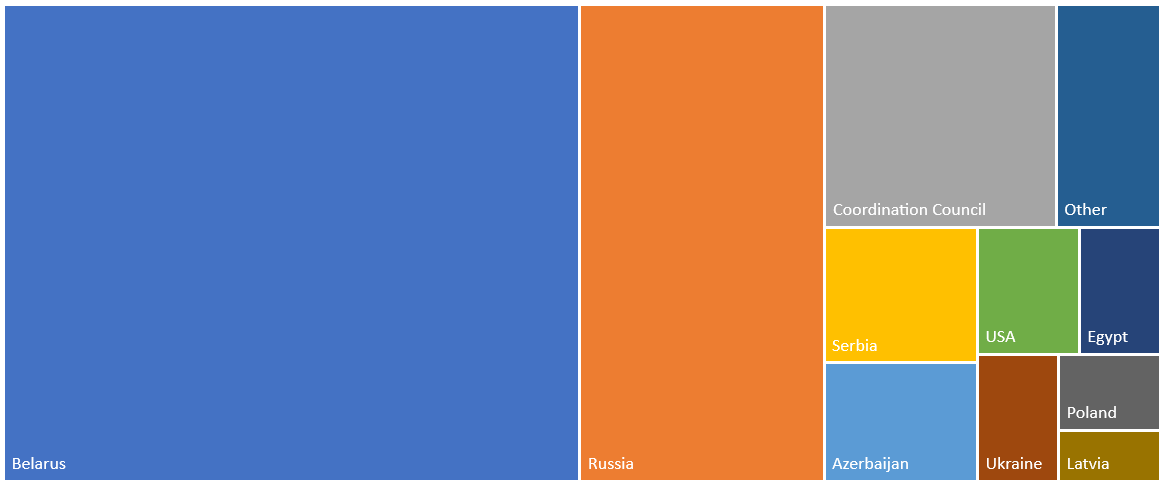
Publications about the elections*, planned by the current Belarusian regime on February 25, 2024, accounted for almost 50% of the publications. This is followed by the presidential elections in the Russian Federation, related to the announcement of the participation of the current Russian president, Vladimir Putin – 21% of the publications. The possible elections to the Coordination Council retained the third line at about 10%. There were the fewest publications about elections in Venezuela, Uganda, Lithuania, North Korea, Ireland, and the European Parliament elections scheduled for June 2024.
Main sources of election-themed publications:
- Zerkalo – 21 publications;
- Novy Chas / Novy Čas – 15 publications;
- Mlyn.by – 13 publications;
- Nasha Niva – 12 publications;
- BELTA – 10 publications;
- Viasna. Human rights in Belarus / Viasna. Human rights in Belarus – 10 publications
It can be concluded that independent Belarusian media make more publications on electoral campaigns, including elections*.
Now let’s look at the most odious publications dedicated to the electoral theme, containing all elements of disinformation.
On December 19, the ONT channel recapped the content of an article from The Guardian about the elections in 2024.
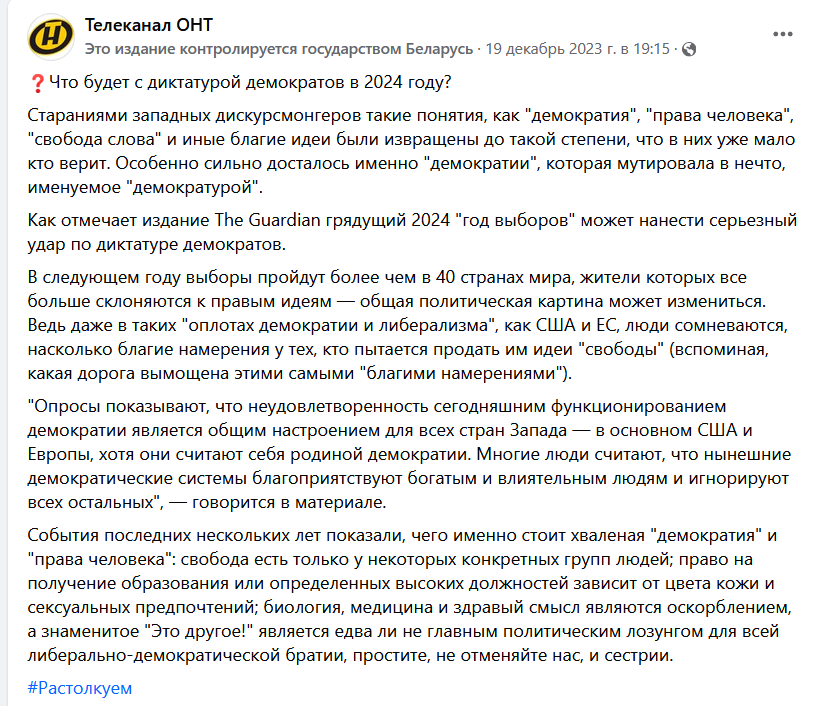
The text used phrases like “dictatorship of democracy”, “vaunted democracy”, in a dubious connotation of “human rights”, “liberal-democratic brotherhood and sisterhood”.
Creating such a negative context suggests a sarcastic view of modern democratic systems and values. This expression of dissatisfaction or criticism may stem from authoritarian or radical views and often reflects deep disagreements about how society and the state should function in a modern democratic society.
What is really discussed in the article, which was not named and not linked. The article “War or peace? Dictatorship or democracy? Europe’s future is at stake” / War or peace? Dictatorship or democracy? Europe’s future is on the line discusses critical elections facing Europe in the context of recent global events. The article emphasizes the dichotomy between war and peace, dictatorship and democracy, highlighting the urgent need for Europe to navigate between these extremes. Europe’s future is depicted at a crossroads, where current decisions will have long-term consequences for its political, social, and economic structure.
The article delves into challenges posed by external threats and internal political dynamics, addressing issues such as the rise of populism, the struggle for liberal democratic values, and the impact of external conflicts on Europe’s stability. The publication calls for careful consideration of the path Europe should choose to ensure a future that is peaceful, democratic, and prosperous, emphasizing the importance of unity and strategic decision-making in the face of these challenges.
Legendary for the amount of published disinformation, Minskaya Pravda prepared a material: Elections through a smartphone. 5 naive questions about electronic voting and why it is not yet in Belarus
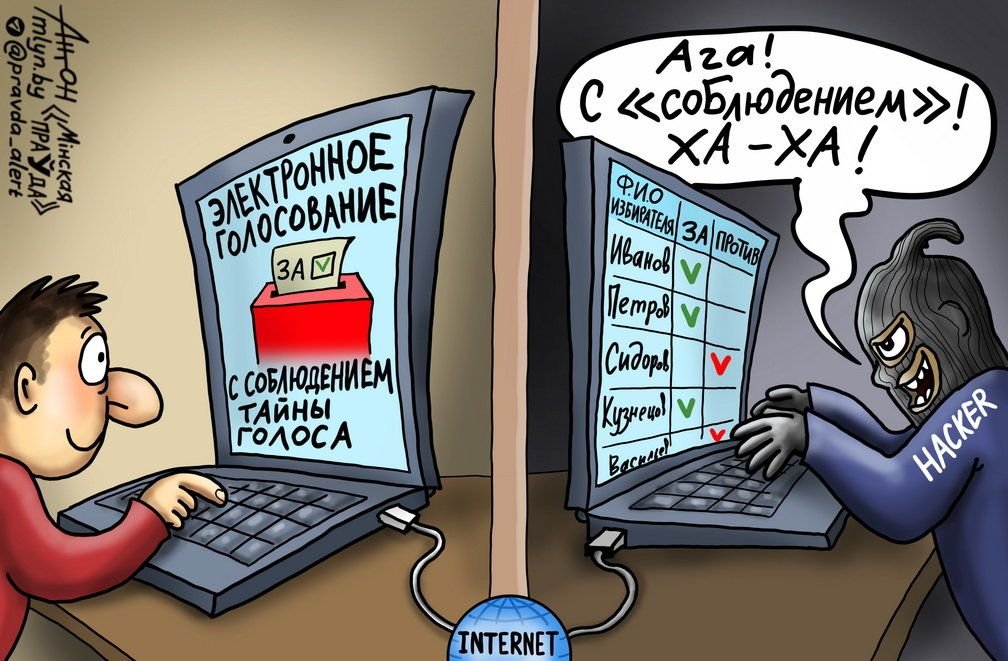
Intimidation begins with questions about computer security:
There is also the problem of computer equipment purchased from the West. For example, it is installed on a machine that produces weapons, and it seems to work, but at the same time it counts how many parts you have produced for the missile. And then the enemy will understand how many missiles you have. This is called a trap. And such traps can be anywhere, even in the CEC. Therefore, the issue of external interference in the elections immediately arises. Do we have our own computers and our own internet, like China? Or will we do everything with the help of the West?
Then a reference to the military aggression of the Russian Federation against Ukraine, which is called, of course, the term aggressor – Special Military Operation. With elements of demagoguery about waiting for Polish and American soldiers by those who disagree with the current state of the electoral system in the Republic of Belarus.
Further contains disinformation about the punishment for non-attendance at elections in Belgium. In particular, it is written about the possible deprivation of citizens’ rights:
If a fourth case of non-attendance at a polling station during the voting period is recorded, the citizen is deprived of voting rights for ten years, as well as the possibility of obtaining a position in the civil service.
Euroradio back in 2015 wrote that four-time non-attendance at elections concerns government officials, whose career advancement can be frozen for up to 10 years. But local residents note that only a court can punish, which, due to its heavy workload, does not have time to consider most such cases.
On December 21, Belarus TV channel published a post, from which one can single out key phrases “Pogrom of Polish state media. The new authorities have taken these media almost completely under control. Is a state coup beginning in Poland? Has freedom of speech died?”.

The goal in this case is clear. Since it is the current Belarusian regime that destroyed independent media in Belarus through violence, repression, prohibition of professional activities, and therefore urgently attempts to justify its actions by comparing with the changes taking place in Poland. It should be reminded that Poland ranks 57th in the Press Freedom Index, prepared by Reporters Without Borders, and Belarus ranks 157 out of 180 countries.
Now we call publications “informational and accompanying content” of the electoral process in Belarusian media with state ownership.
For example, on December 14, the Information and Educational Marathon “Vybirai.BY” started at the Academy of Management

As part of the start of the marathon, a lecture-discourse was organized for those present, the educational board game “Choice.BY” was presented, and debates on the election theme were held.
On December 27, 2023, the media forum “Innovative Tools for Working in the Media” took place.
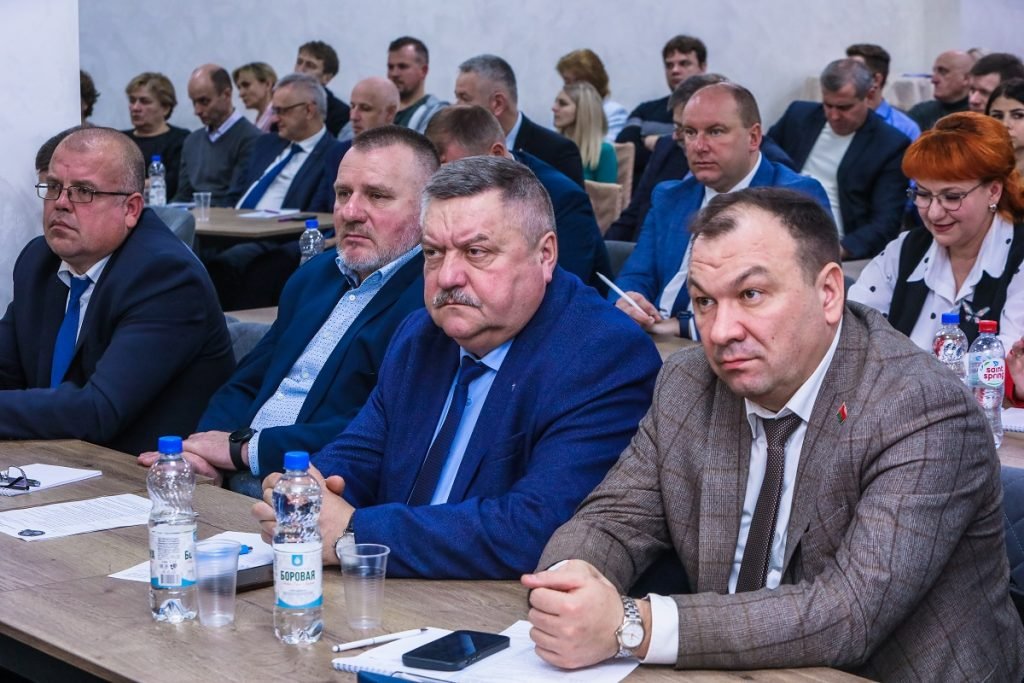
Here we see a set of stamps of this season: electoral security, electoral campaigns, coordinated information policy, information war, life hacks, video content, and so on.
It can be assumed that in the next two months, the number of publications on the topic of elections* in the social network Facebook will increase. Belarusian state media will try to make manipulative comparisons of electoral campaigns in democratic countries, best practices with Belarusian elections, which have not been such for several decades.


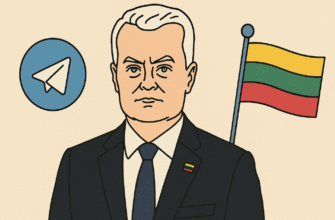

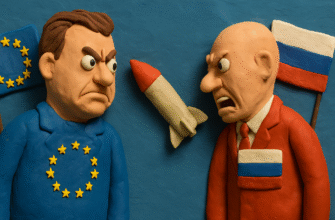

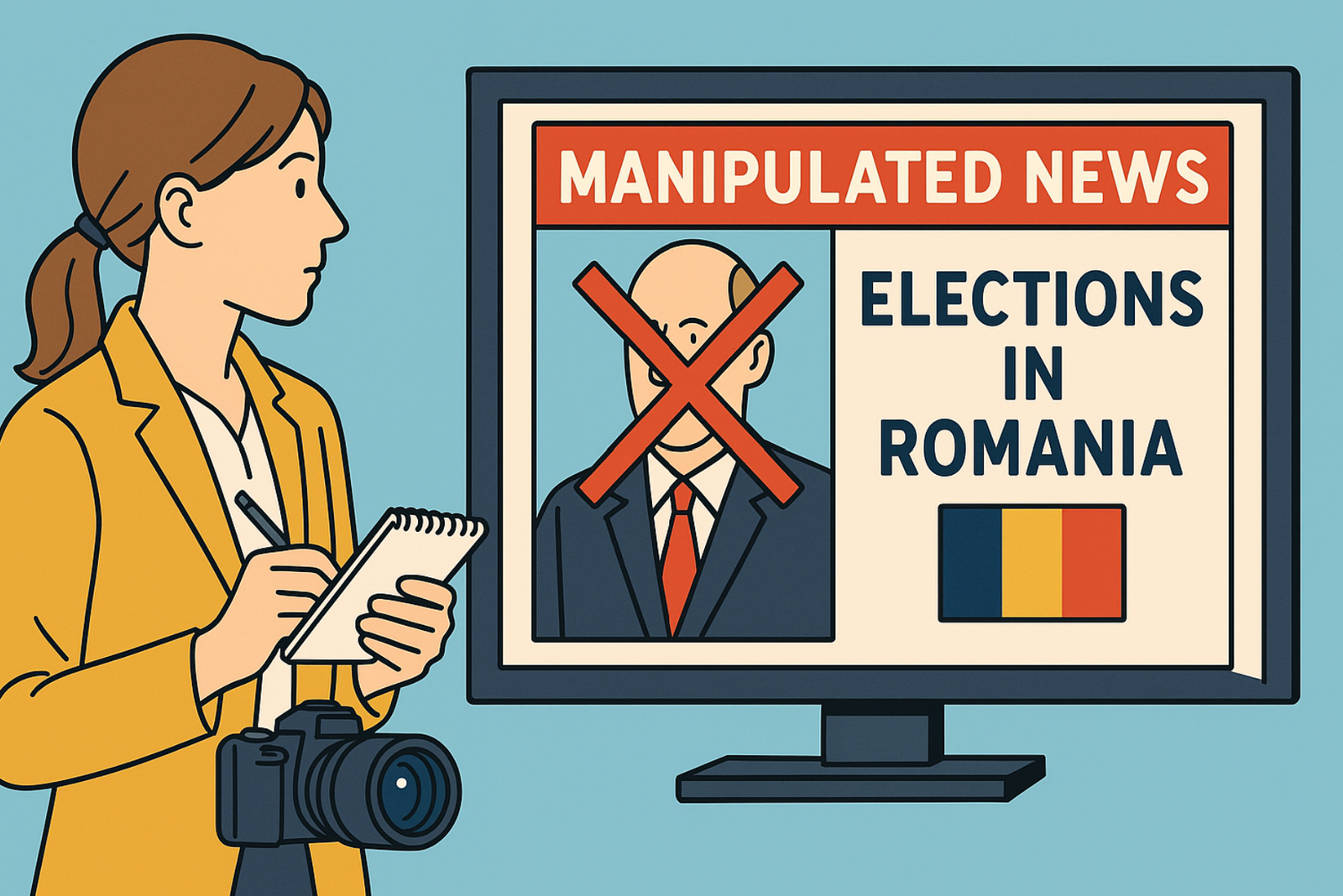



Comments are closed.